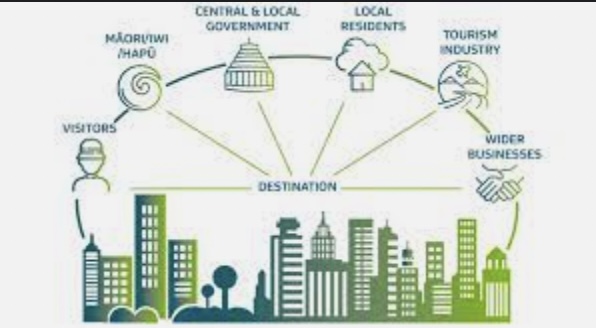Destination management is an industry that benefits a lot of people. It helps organizations to plan and manage events such as corporate team-building retreats, festivals, business summits, and company openings abroad. These events have a high impact on the local economy. Therefore, it is vital to have a well-planned and efficient destination management strategy.
Increased Efficiency
Destination management solutions positively impact your business by enabling streamlined online travel-related operations. With DMC software, you can easily arrange accommodation, visas, holiday packages, tours & events, car rentals, and offline services. According to most experts, like the destination management company in Europe, you can build travel itineraries and sell them to traveling agents or your end customers at different prices depending on the business requirements. The system also provides a full KPI dashboard to track your business at multiple levels. This practice is a great way to promote your destination to travelers with specific needs and expectations. It helps you diversify your marketing mix and reach out to locals and international tourists.
Increased Revenue
Destination management is a holistic approach to managing all of the key aspects that make up a destination. This includes everything from attracting visitors to providing them with amenities while they are in town.
The goal is to ensure that all these aspects are coordinated and thoughtfully planned. This can help the entire destination thrive and positively benefit from tourism. This practice is important as it can help a destination grow its economy and provide more amenities for its residents. It also encourages travelers to stay longer and spend more money when they are in the area.
Increased Customer Satisfaction
When customers are satisfied, they remain loyal to your brand and continue to buy from you. They also provide word-of-mouth recommendations and refer your business to others, increasing revenue. Customer satisfaction is a critical company asset that should be optimized. However, it’s important to remember that customer satisfaction varies among companies and their customers. To maximize your customer satisfaction levels, focus on the areas that matter to your customers. Identify these factors through cause-and-effect analysis and consistently review your results.
Reduced Costs
Destination management solutions can reduce costs by optimizing marketing campaigns and benchmarking with competitors. They also allow destinations to use data from social media, credit cards and flights to manage their business processes better. A good destination management strategy must incorporate a clearly defined long-term vision to which all stakeholders are committed. This includes community engagement and collaboration to build a shared understanding of what success looks like for the destination.
Increased Efficiency
Destination management organizations (DMOs) are a key part of any tourist destination. They are responsible for coordinating the different aspects of the destination, such as local resources, accommodations, activities, events and transportation. However, these organizations need help managing tourism effectively. This is because the industry has become more global than ever before.
To survive, these organizations must adapt to these changes. This involves focusing on their core responsibilities, maximizing their financial resources and ensuring they provide the best value for money.
In addition, implementing modern management tools can help them become more efficient. This will benefit both tourists and the destination itself. It can also result in higher revenue for the organization and better customer satisfaction.

